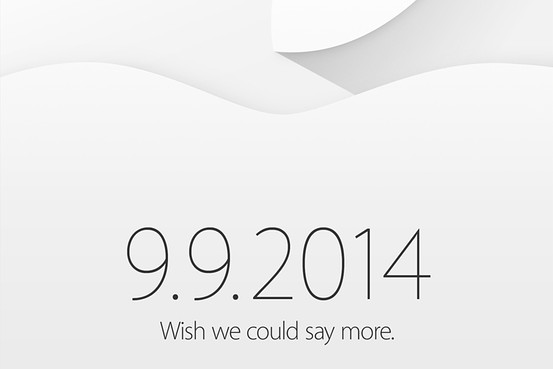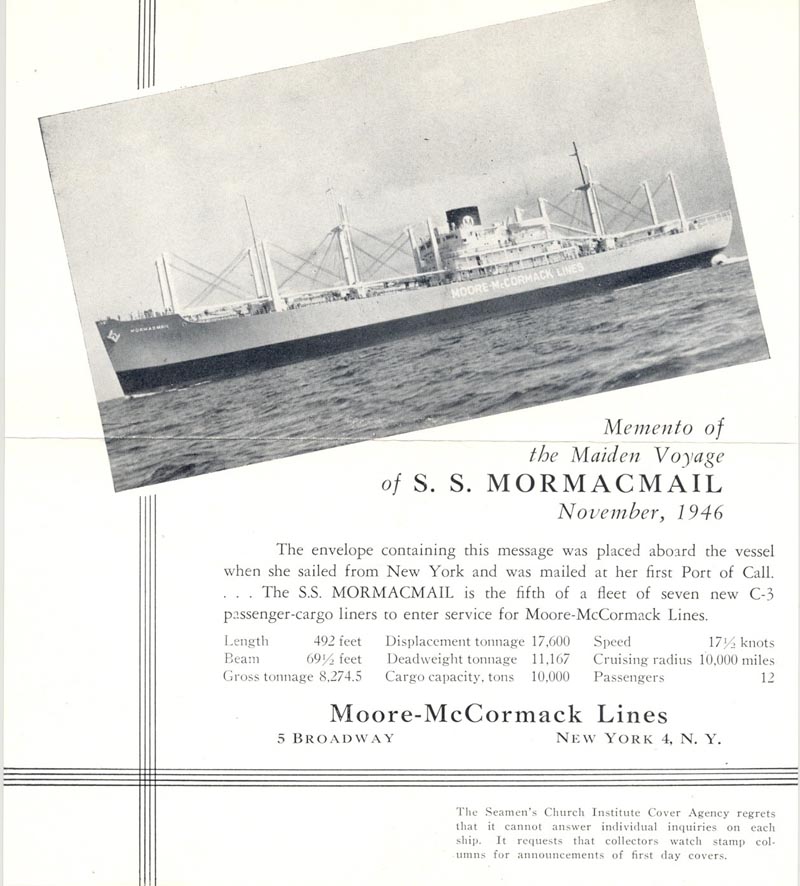Please select boot device:
HARD DRIVE 1 : PROGRAMMING
HARD DRIVE 2 : SYS ADMIN
HARD DRIVE 3 : DATA ADMIN
FLOPPY DRIVE 0: BLOGGING
Arrow up and down to move selection
ENTER to select boot device
ESC to boot using defaults
<ENTER>
BOOT UP FLOPPY DRIVE 0 (Y/N)? Y
ARE YOU SURE (Y/N)? Y
ARE YOU REALLY REALLY SURE (Y/N)? Sorta, yeah.
OK . . .
BOOTING UP FLOPPY DRIVE 0 . . .
LOADING MODULE SMH . . .
Three and a half years ago, I wrote my final blog entry on Baseball Toaster. Although I’ve written a few blog entries sporadically since then, I’ve basically been retired from blogging.
I didn’t retire because I no longer enjoyed writing. I retired because I had spread myself too thin. At the time, I was:
- Running and moderating a blog network with over a million page views a month
- Writing on two blogs almost daily
- Programming full-time for an internet startup company
- Planning a major remodel of my house, and
- Trying to keep a wife and three kids, one of whom was entering her terrible twos, happy
Looking back on it, that was ridiculously ambitious of me. It was too much. I was spread so thin, I was only able to do a half-assed job on everything.
I HATE doing a half-assed job at anything.
* * *
Jason Parks and Kevin Goldstein at Baseball Prospectus have coined a term (or precisely, a Twitter hashtag) for the kind of dedication it takes to maximize your talents and turn them into success: #want. #Want is about focus: dedicating 100% of your energy towards a goal. For athletes, this means practicing hard, working out, eating right, studying the game — all day, every day. You sacrifice your life for your sport.
But this doesn’t just apply to sports. The Silicon Valley startup culture is rife with #want. If you’re starting up a business, and you’re not working 100 hours a week to get that business running, you’re doing it wrong. #Want is expected, even mandatory–or so the culture tells you.
* * *
Leah Libresco has a different term for people dedicated to #want: secular monks. She notes that our culture fails to properly recognize what people with #want are trading away: intimacy.
If we were honest about what these jobs entail, we’d talk less in terms of success and more in terms of sacrifice and seclusion from the world. If we recognized the single-minded focus that drives Rosin’s interviewees to think of intimacy as obstacle, as life-thwarting, we might not hold it up as the ideal, the logical next step for the best and the brightest. Or, if the work is truly important and can only be done by using smart, high-energy graduates as emotional cannon-fodder, maybe we’d start thinking about how to reintegrate them into normal life, once their time of service was up.
* * *
Programming in particular is a monk-like job. It requires intense concentration. To be productive at all, you need to isolate yourself and work in silence, without interruption, for long stretches of time. When I was in my 20s and early 30s, I had no problem with this. I would simply work from about 10pm to about 3am, and get 90% of the work I needed to get done during those lonely hours.
But as I tried to program as a 40-something while juggling a blog network with a family of five, this became impossible. There were four people in my family who needed intimacy from me, and I couldn’t give it to them. Even when I was physically at home, I wasn’t mentally at home.
I slowly came to admit to myself that my days as an effective programmer were over. It was time to leave the monastery. Libresco addresses this, too:
The high-commitment jobs that drive Rosin’s interviewees to forgo intimacy and that sunder Slaughter and her peers from their families are pernicious because we don’t yet have an expectation of when and how to leave them. There’s no exit strategy, no moment when your life as a turbine ends, and your real life as an adult with responsibilities and vulnerabilities begins.
I have a friend who recently retired after 27 years in the Coast Guard. The military, of course, has a deep understanding of the kind of sacrifices that its men and women make for the greater cause. They have procedures for deciding how and when a soldier should advance on with a military career, and ritual retirement ceremonies to guide its retired military into the next phase of life.
No such guidance exists in civilian life. How and if and when you are done, it’s up to you to figure out. Without a good model to follow for such things, we make inefficient choices. We make mistakes. It’s messy.
* * *
“I’m not 18, and I can’t start out like a raw cadet. No, there comes a time when a man finds that he can’t fall in love again. He knows that it’s time to stop.”
–Montgomery Scott, Star Trek: TNG, “Relics”
So three years ago, I shut down the Toaster. I stopped blogging. I remodeled the house. I got the startup handed off to other people. Then I took some time off, as they say, to ‘spend time with the family.’
This week, my youngest daughter started kindergarten. I feel like, finally, all the things that were on my plate three years ago have finally been cleared off.
But like Scotty in Star Trek, I can’t go back. Scotty realized he couldn’t be chief engineer of a starship anymore. And I can’t reboot myself into another programming job. It’s time to transition into something else.
* * *
When I’m faced with a major life decision that I’m uncertain about, I like to imagine myself on my death bed looking back at my life. Will I regret one choice or another? In other words, where’s my #want?
I’m certain I won’t regret it if I don’t program computers anymore. I’d like to start my own business (and be fully in charge this time), but I don’t think I’d regret it too much if I didn’t. I suppose I might regret not taking some other high-paying, high-tech job if my kids decide to make some expensive choices about college.
But there’s one thing I’m certain I’ll regret. If I don’t do this, I’ll always have this one big WHAT-IF hanging over my head: what could I have done if I had tried to be a writer?
So many of people in the Baseball Toaster community, both bloggers and commenters, have gone on to do amazing things. But they were all professional or aspiring professional writers, while I was just doing it as a hobby. My career was elsewhere. But what could I do if I focused on the task like they did?
Maybe nothing. Maybe I’d fail. But I’d always wonder.
I don’t want to wonder.
* * *
So I’m rebooting myself today as a writer. I’m making a commitment to write.
A commitment with one caveat: I won’t trade intimacy for #want. I will write, but I will be disciplined about it. There will be clear boundaries about when I am working, and when I’m with my family. When the alarm rings for me to go pick up my daughter from school, that’s it. I hit publish, perfect or not.
So every day, while my kids are at school, I will write and publish something. I will learn how to manage both my words and my time more effectively. I will try my best to become a full-assed writer instead of a half-assed one.
* * *
What will I write? Where will it lead?
I don’t know.
But I’d guess that although I’m giving up on being a programmer for internet startup companies, there’s one aspect of that world I won’t easily let go of: a preference to boldly go where no one has gone before.
<Alarm>







